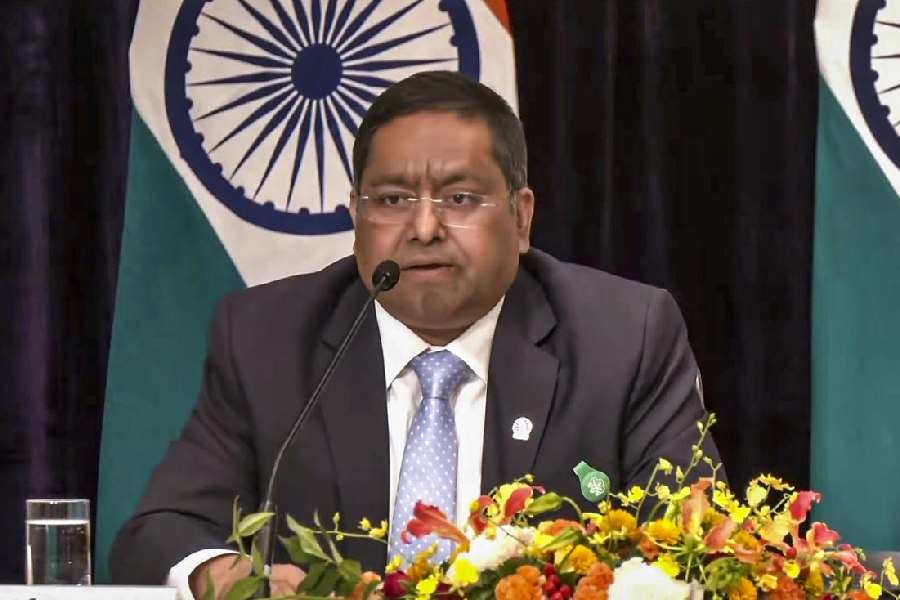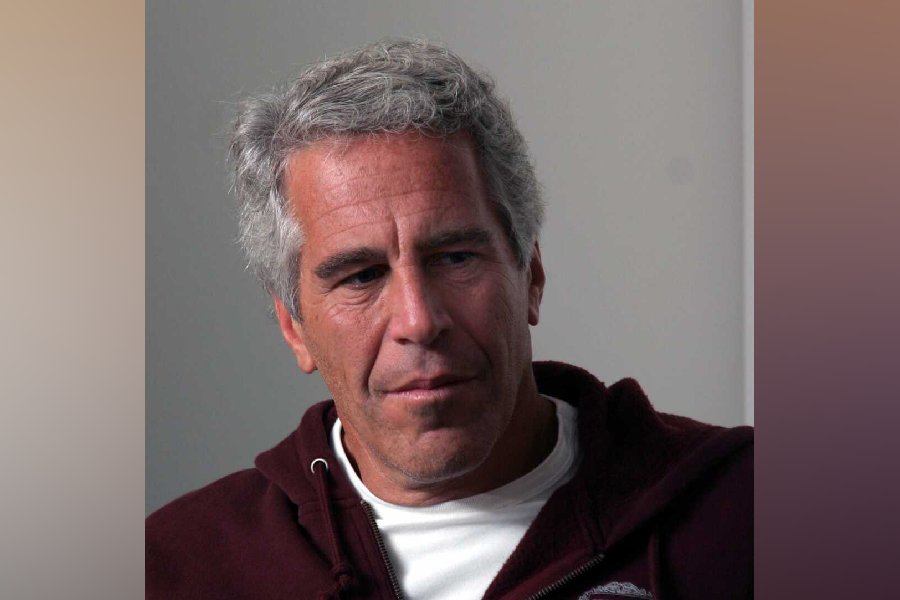India has cautioned students keen to pursue undergraduate medical education in China about a potential language barrier and low pass percentage levels in the exam that allows graduates from China to practise medicine in India.
An advisory issued by the Indian embassy in Beijing, flagging concerns about the quality of education and the language barrier, has also urged prospective students to note that only 45 Chinese universities are authorised to admit international students.
Educational consultants estimate that 3,000 to 5,000 Indian students applied each year for Chinese undergraduate medical courses before the pandemic, and roughly 20,000 students are now enrolled in MBBS courses at Chinese universities.
The embassy said it had received feedback from past students indicating that the commonest challenge was the English-language skills of Chinese teachers at these universities. “(A) few students have also complained about (the) lack of practical or clinical experience in terms of engaging with patients in certain universities,” the advisory said.
It cited a study by India’s National Board of Examinations that found that only 6,387 of the 40,417 students who had appeared in the Foreign Medical Graduate Examination (FMGE) between 2015 and 2021 had cleared it. Foreign medical graduates need to take the exam to practise in India.
The FMGE pass percentages are even below that average 16 per cent among graduates from certain Chinese universities that some educational consultants have labelled as “top Chinese universities for MBBS”.
For instance, only 18 (8.6 per cent) of the 209 graduates from Kunming Medical College, 41 (13.9 per cent) of the 294 graduates from Nanjing Medical University, and 15 (9 per cent) of the 160 graduates from Xian Jiaotong University had passed the FMGE between 2015 and 2018.
Consultants who have helped Indian students go to Chinese universities attribute the low pass percentage in the FMGE to earlier rules that failed to impose stringent entrance requirements on students looking to pursue MBBS in China.
But since 2018, Indian students wishing to study MBBS in foreign countries have had to clear the National Eligibility-Cum-Entrance Test-Undergraduate (NEET-UG) just like their peers who wished to join medical colleges in India.
“The FMGE pass percentage will increase for sure in the coming years,” said Shamik Majumdar, an educational consultant with Omkar Medicom, a company in Calcutta that has facilitated the flow of students into Chinese medical universities.
Majumdar said the high fees at Indian private medical colleges were the primary reason driving students to pursue medical education abroad. In China, he said, the full cost of the five-year programme could be Rs 15 to Rs 20 lakh. In contrast, according to medical education consultants, the fees charged at some private medical colleges in India were over Rs 20 lakh a year.
China’s education ministry has stipulated that foreign students can join medical programmes in only the 45 listed universities that offer study courses in English. However, learning the Chinese language is mandatory for clinical sessions.
Every student thus needs to learn the Chinese language and any student who does not clear minimum Chinese-language skills will not be awarded the degree, the advisory said. It urged prospective students to check with their (Chinese) universities as there were minor differences in the language requirements.
The advisory also underlined that India’s National Medical Commission rules, dated November 18, 2021, require all students to have a licence to practise in their country of graduation after completion of their study before they can take the FMGE in India.
Students in China need to complete the study programme and one year of professional internship in a university-affiliated hospital and clear a Chinese medical examination to obtain a physician’s certificate that enables them to practise medicine in China.











